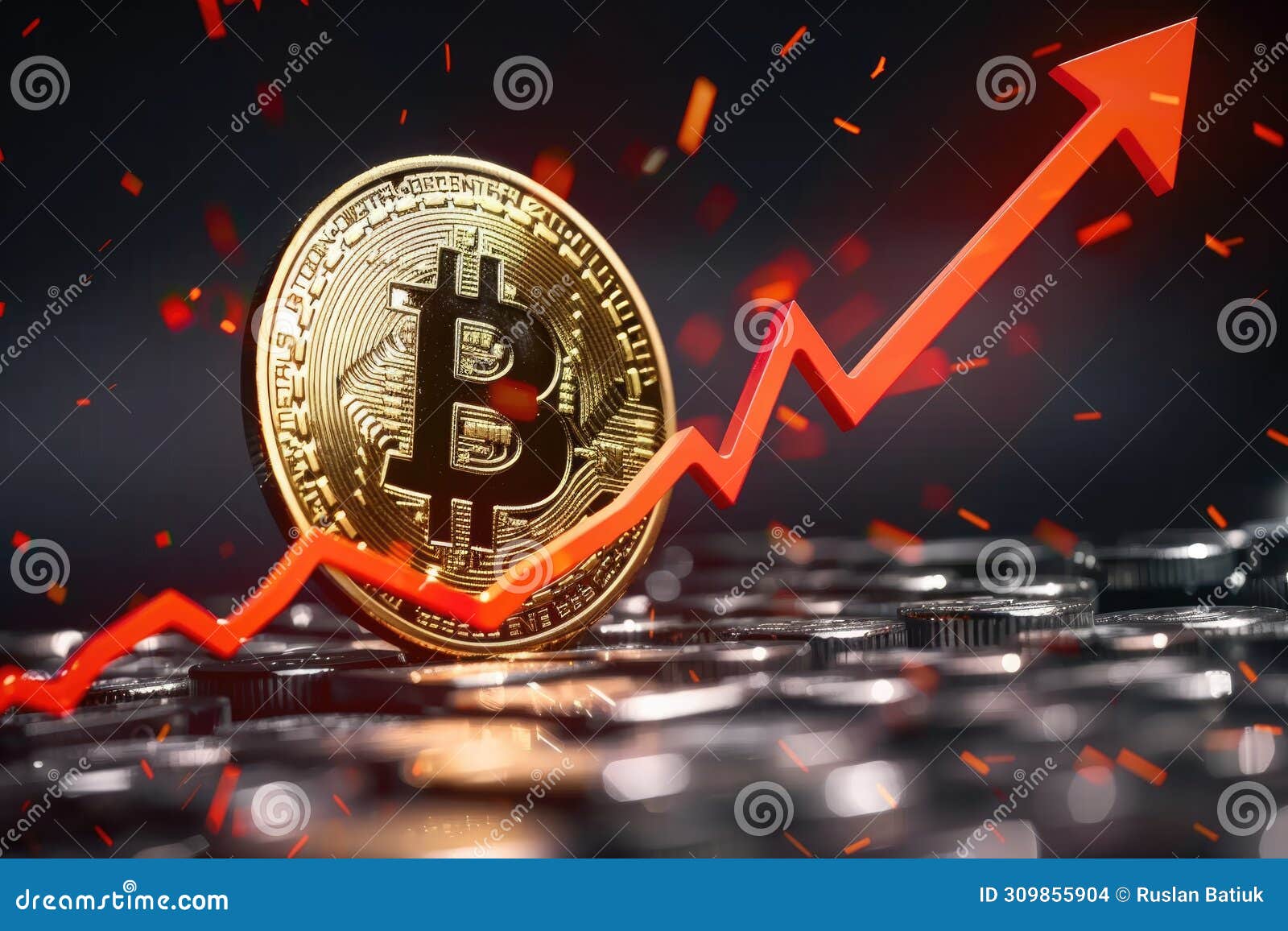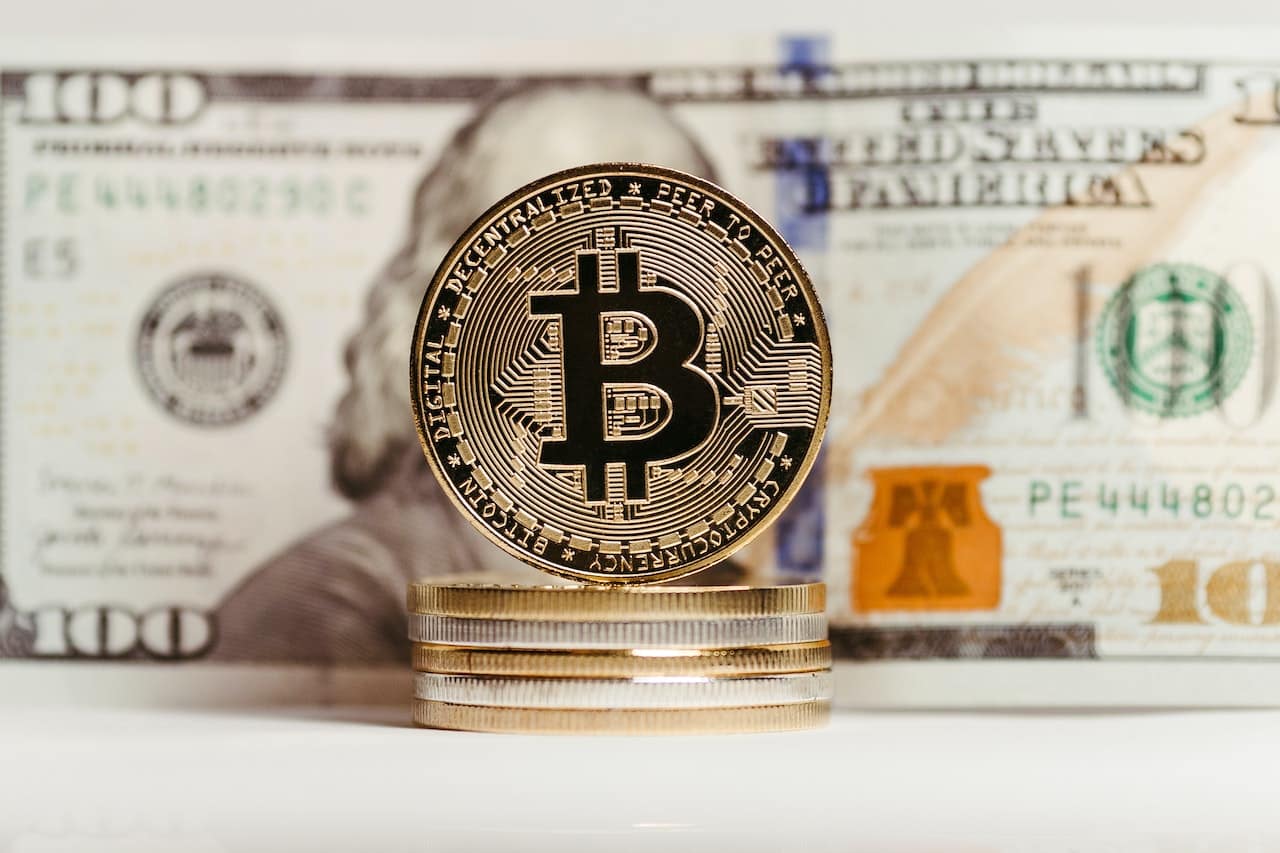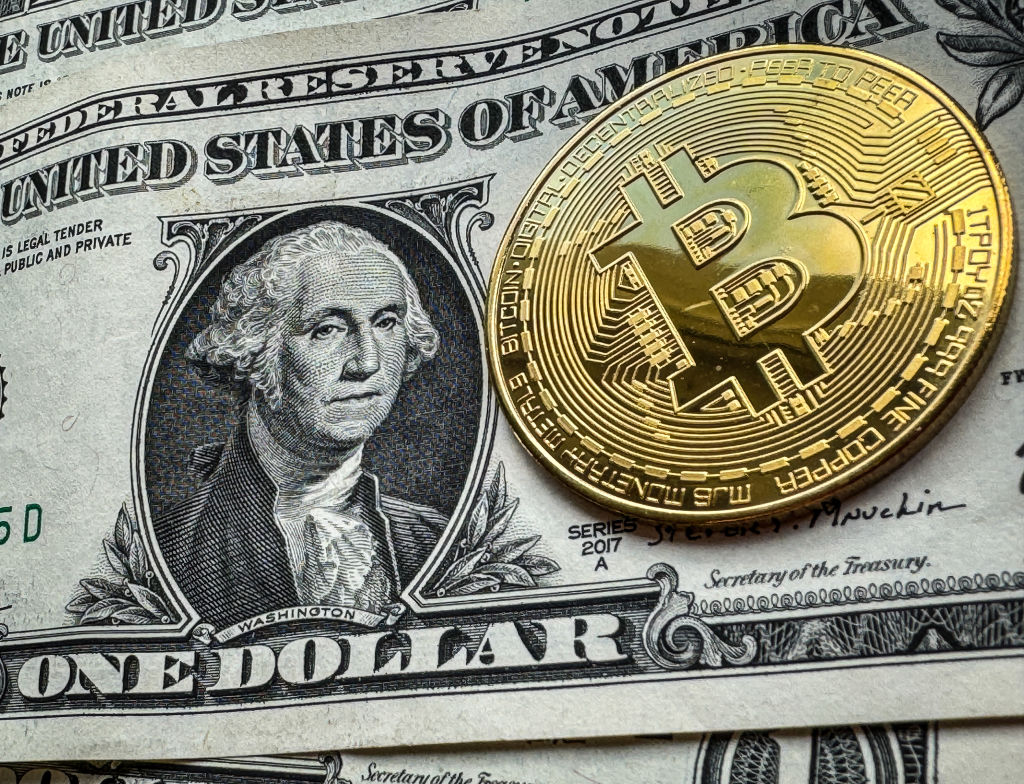
Crypto’s New Dawn: Will it Finally Join the Ranks of Polite Society?
The cryptocurrency world is abuzz with excitement as Bitcoin has crossed the remarkable threshold of $100,000. After what seemed like an eternity navigating through hostile regulatory waters, those who have faith in digital assets can finally exhale with relief. It feels like Christmas morning for crypto enthusiasts, as recent political changes hint at a brighter future.
 The rise of Bitcoin marks a pivotal moment in cryptocurrency history.
The rise of Bitcoin marks a pivotal moment in cryptocurrency history.
From a former crypto kingpin’s downfall to Bitcoin’s ascension, the past year has been a rollercoaster ride. Just one year ago, the very name ‘Sam Bankman-Fried’ was synonymous with fraud and scandal. Now, the narrative is shifting. With mainstream investors flocking to digital assets and an American president seemingly eager to embrace this revolutionary technology, we stand on the cusp of something significant.
However, while optimism abounds, we must confront the looming question: is crypto capable of drawing the right lessons from its turbulent past? Matthew Homer, a former financial regulator, expressed a critical concern:
“We kind of have a history of shooting ourselves in the foot.”
This sentiment resonates deeply with the community. As we gear up for what looks like a promising future, the fear of another crash lingers in the background.
The Forces Behind the Rally
The recent Bitcoin rally can be attributed to several key factors that have converged dramatically. First and foremost, institutional money is pouring into the sector. The approval of spot bitcoin ETFs is another pivotal moment that investors have been eagerly anticipating. As we know, the Securities and Exchange Commission (SEC) has often been seen as an impediment to cryptocurrency advancement, but recent developments suggest a shift in this stance.
Moreover, we cannot overlook the halving event that took place in late April. By reducing the rewards for mining Bitcoin, scarcity is introduced into the market, which in past cycles has typically led to soaring prices. Combined with favorable interest rates spurred by the Federal Reserve, the conditions for a crypto resurgence have never been more favorable.

Market dynamics are shifting towards cryptocurrency adoption.
Most striking, however, is the unexpected pivot from political figures, particularly Donald Trump, who, during his campaign, took a remarkably pro-crypto stance. His willingness to discontinue the previous administration’s regulatory tightrope could herald a new era of acceptance for this innovative financial sector.
A New Chapter for Cryptocurrency
With this new political landscape, the next few years will serve as a crucial test for cryptocurrency’s legitimacy. The question remains: can the industry shed its historical baggage of scams and fraud? Can it Position itself not just as a questionable asset class but as a legitimate financial instrument? After perceiving Bitcoin’s journey up to this point, I find it difficult yet necessary to remain cautiously optimistic.
It’s easy to be swept up in the euphoria surrounding Bitcoin’s price surge. But for many of us who remember the fluctuations—who lived through the thrills and spills of past bull and bear markets—the exhilaration is tempered by a healthy dose of skepticism. Has crypto truly turned a corner, or are we merely witnessing another flash in the pan?
Conclusion: The Road Ahead
As someone who has followed the cryptocurrency space closely, I genuinely hope that Bitcoin and its brethren can demonstrate that they’ve matured beyond their tumultuous origins. While the current markers point toward a more stable future, the threat of reverting to chaos is ever-present. Only time will reveal whether crypto has genuinely earned its place in polite society or if it will again become embroiled in controversy and scandal.
In my opinion, the industry must actively work to foster constructive relationships with regulators and the traditional financial world. Collaboration rather than confrontation should be the guiding principle. If cryptocurrency can successfully do this, perhaps it will finally achieve the kind of acceptance its advocates have long envisioned.
The exciting world of crypto holds promise, but will it fulfill its potential?















